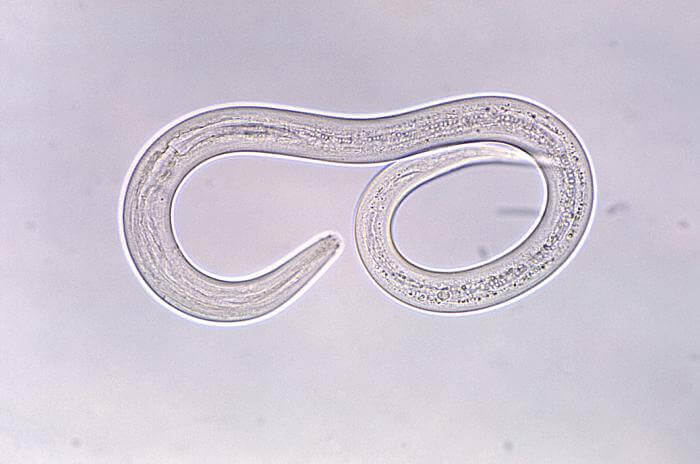Kat KelleyGHTC
Kat Kelly is a senior program assistant at GHTC who supports GHTC's communications and member engagement activities.
An experimental, aerosol vaccine completely prevented infection from Ebola in monkeys, and will be tested in human clinical trials shortly. The vaccine was tested on twelve monkeys, with four each receiving one and two doses, two receiving a liquefied version of the vaccine, and a control group comprised of the remaining two monkeys. Four weeks after vaccination, all 12 monkeys received a massive dose of the virus, 1,000 times the fatal amount. While the two unvaccinated monkeys became ill, all ten of the vaccinated monkeys remained healthy, and the researchers found no trace of the virus in their blood. Aerosol vaccines are easy to administer and do not require a trained health professional, and thus are ideal for use in an outbreak or a country without a robust health workforce.
Earlier this year, Apple Inc. launched ResearchKit, an open source software framework to facilitate the collection of health information in clinical trials, and soon two major pharmaceutical companies—GlaxoSmithKline and Purdue Pharma—may be utilizing the software. The software makes it easy for researchers to create their own iPhone applications to connect with participants in clinical trials and is already being used by academic institutions and nonprofits for data collection. Not only can these applications survey participants, but they can measure hand tremors in patients with Parkinson’s disease, physical activity in relation to cardiovascular disease, and geographic locations that exacerbate the symptoms of asthma. The software provides researchers more frequent access to a greater number of participants. Researchers are also looking into connecting other devices to the software, for example, asthma inhalers that transmit data via Bluetooth. While smartphones, and in particular iPhones, are less prevalent in low- and middle-income countries, the software could be used by health professionals or researchers for data collection. Already, smartphones are being used to perform eye exams in Kenya, pasteurize milk for breast milk banks in South Africa, and could soon be used to detect infection with Loa loa filariasis in Africa.

Researchers at the Duke-NUS Graduate Medical School in Singapore have discovered an antibody—a protein in the immune system that identifies and combats specific pathogens—against one of the four viruses that causes dengue fever. The team, led by Shee-Mei Lok, a professor of Emerging Infectious Diseases at the university, first identified the specific part of the virus that triggers the production of antibodies in mice and believes that a vaccine comprised of just that part of the virus could provide protection from infection. Lok hopes to create a cocktail treatment against dengue fever using antibodies against each of the four types, and the team is continuing their research to identify an antibody against DENV-4, the one virus responsible for dengue fever for which there is not a known antibody.
Bats are the natural reservoir, or host, for more than 65 viruses, bacteria, and other pathogens that infect humans, including Ebola, rabies, and the coronaviruses responsible for SARS and MERS. A team of researchers surveyed 1,270 people in rural Ghana, shedding light on the interactions between bats and humans and consequently, how these diseases are transmitted to humans. Two-thirds of respondents reported physical contact with bats, with 37 percent having been bitten, scratched, or exposed to the urine of bats. While only 17 percent of Ghanaians reported interacting with bats at work or at home, nearly half regularly visit bat caves.